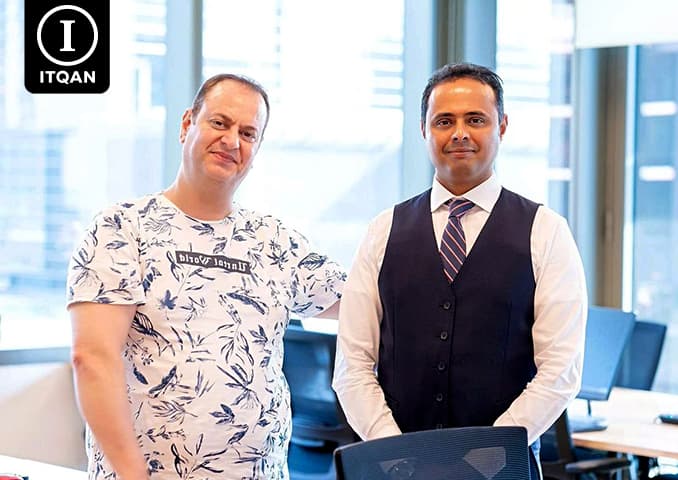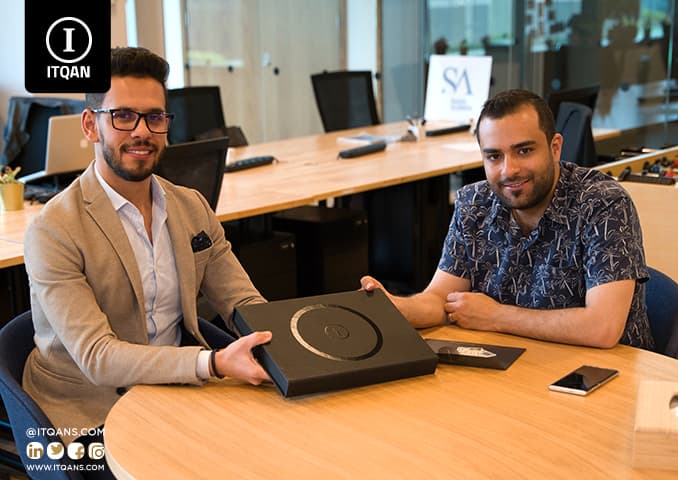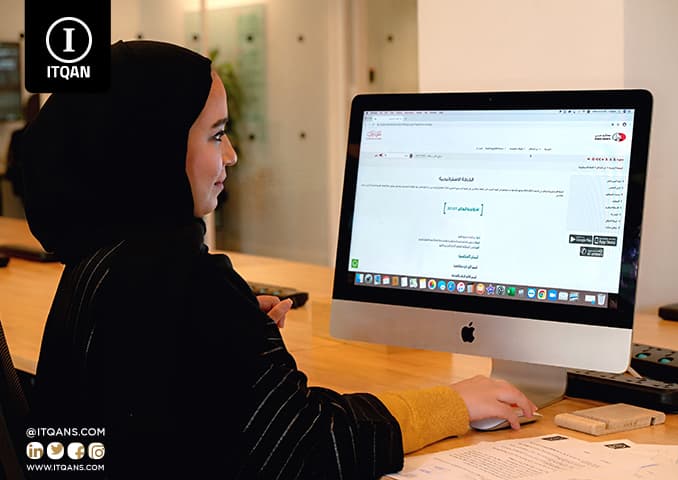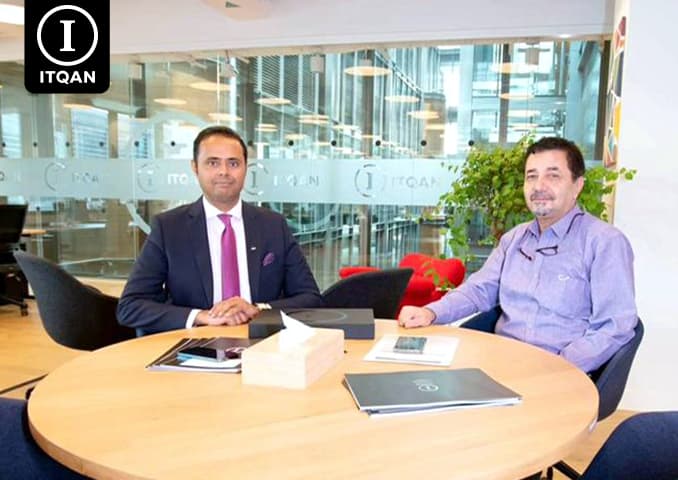Dubai is considered one of the most prominent investment destinations in the world, thanks to its advanced economic environment and advanced infrastructure that supports business growth. The Dubai Free Zone provides an ideal environment for investors and companies wishing to expand or start their business activities flexibly and effectively. Dubai’s free zones are a role model in facilitating investment and imports, making them a major attraction for international investors.
Dubai’s free zones offer unique benefits to investors, such as full tax exemptions, 100% foreign ownership, and customs incentives that make importing and exporting goods easy and profitable. These advantages make Dubai a strategic starting point for companies seeking to access global markets and expand in the Middle East.
Dubai’s free zones also provide advanced logistical facilities, including advanced transportation and storage infrastructure, which enhances the efficiency of import and export operations. Companies can take advantage of modern facilities and customized services to simplify shipping and storage procedures, which contributes to reducing costs and improving logistics performance.
Dubai has a global reputation as a leading business centre, combining its strategic location with a supportive business environment. Therefore, investing in the Dubai Free Zone is not just an opportunity to establish a business, but rather an investment in a bright future and broad horizons. By understanding the available facilities and necessary procedures, investors can make the most of this ideal environment to enhance their business and achieve their business goals.

جدول المحتوى
ToggleSteps to invest in the free zone
Investing in free zones requires following a series of steps to ensure you comply with local regulations and achieve business success. Here are the basic steps for investing in the free zone:
- Search and choose a free zone: Search for the free zones available in the Emirates and choose the zone that suits your business type and needs. Each free zone may differ in terms of incentives, facilities and services available.
- Determine the type of business: Determine the type of business you wish to engage in. The type of license and permits required will vary based on the activity you intend to undertake.
- Company Registration: Submit an application to register the company in the free zone you have chosen. This includes submitting required documents such as passports, business plan, and lease contract for the work site.
- Choosing a company name and obtaining approvals: Choose an appropriate name for your company and ensure it complies with legal requirements. Obtain the necessary approvals from the competent authorities in the free zone to register the name.
- Submitting an application for a commercial license: Apply for the appropriate commercial license for your business. Additional documents such as contracts and agreements may be required.
- Opening a business bank account: Open a business bank account at a local bank. You will need to provide documents proving company registration and business license.
- Worksite insurance: Secure a physical business site within the free zone, such as an office or warehouse, depending on your business needs. Make sure the contract is in line with business license requirements.
- Completing recruitment procedures: If you intend to hire employees, carry out the necessary recruitment procedures, including obtaining the necessary visas and licenses for employment.
- Customs clearance and import of goods: If you plan to import goods, go through the required customs clearance procedures and submit the necessary documents to obtain the necessary permits.
- Registration in government bodies: Register your company with the relevant government bodies if necessary, such as the Ministry of Human Resources and Emiratisation, and verify compliance with all local regulations.
- Starting business operations: After completing all legal and business procedures, you can start your business operations. Make sure to adhere to all local laws and regulations to continue running smoothly.
- Review and update licenses: Regularly review your company’s licenses and permits and ensure they are updated and renewed as needed to maintain compliance.
Costs related to investment in free zones
Costs related to investing in free zones include a variety of expenses that must be taken into consideration when planning to start or expand a business in these zones. Below is an overview of the main types of costs associated with investing in free zones, without specific numbers:
- Registration and establishment fees: These fees include the cost of registering the company in the free zone, which includes submitting registration applications, the costs of issuing a trade license, and administrative fees related to establishing the company.
- Office or warehouse rent: includes costs related to renting commercial space, such as offices or warehouses, that the company uses within the free zone. Costs may vary depending on location and size of space required.
- Customs duties: Customs duties include the costs of customs permits and customs clearance procedures for imported goods. It may also include additional fees depending on the type and quantity of goods.
- Shipping and transportation costs: These costs include the cost of transporting goods from suppliers to the free zone, including shipping, insurance, and internal transportation costs.
- Visa and recruitment costs: These include the costs of obtaining the necessary visas for employees, in addition to fees related to recruiting labor and other recruitment costs.
- Banking costs: These include fees related to opening business bank accounts and managing banking transactions, including any fees related to international transfers.
- Legal and consulting fees: Includes the costs of using legal or consulting services to prepare legal documents, provide advice on local regulations, and provide support in licensing matters.
- Operational costs: include daily expenses related to operating the company, such as utility bills (electricity, water, communications) and other operational expenses.
- Plant and Equipment Costs: These include the costs of purchasing or renting equipment, furniture, and fixtures needed to operate the company, such as computers and industrial equipment.
- Marketing and advertising costs: These include costs related to marketing and promotion campaigns, including designing and implementing advertising campaigns, and promoting products or services.
- Insurance costs: These costs include the various insurances that the company may need, such as property insurance, accident insurance, and general liability insurance.
Advantages of investing in free zones
Investing in free zones in the UAE offers a range of advantages that make it an attractive option for international investors. The following are the most important advantages of investing in these areas:
- Full foreign ownership: In most free zones, foreign investors can own 100% of a company’s shares without the need for a local partner, providing complete control over business operations.
- Tax Exemption: Companies in free zones are often exempt from corporate taxes and income tax, which reduces operational costs and increases business profitability.
- Exemption from Value Added Tax (VAT): Some activities in free zones may also be exempt from Value Added Tax (VAT), reducing the tax burden on companies.
- Speeding up licensing procedures: Company registration procedures in free zones are often simplified and quick, which helps start a business quickly and at a low cost.
- Advanced logistics facilities: Free zones provide advanced infrastructure that includes warehouses, storage facilities, and shipping centers, which facilitates logistics and distribution operations.
- Access to new markets: Free zones are ideal starting points for expansion into new markets, thanks to the strong trade networks and logistical facilities available.
- Providing administrative and commercial services: Free zones provide ancillary services such as business management support, assistance in obtaining licenses, and accounting services, which facilitates the management of business operations.
- Flexible business environment: Free zones provide a flexible business environment characterized by innovation and provide business opportunities in various sectors, which enhances the potential for growth and expansion.
- Additional incentives and benefits: Additional incentives can include discounts on office rents, visa facilities, and government support for investors.
- Easing trade restrictions: Free zones provide an environment free of customs restrictions and allow easy import and export of goods, which enhances the efficiency of commercial operations.
- Asset protection: Some free zones provide a legal system and protection for business assets, which enhances the security of investments and reduces legal risks.
- Network of international companies: Free zones allow interaction with a wide network of other international companies, creating opportunities for cooperation and business partnerships.
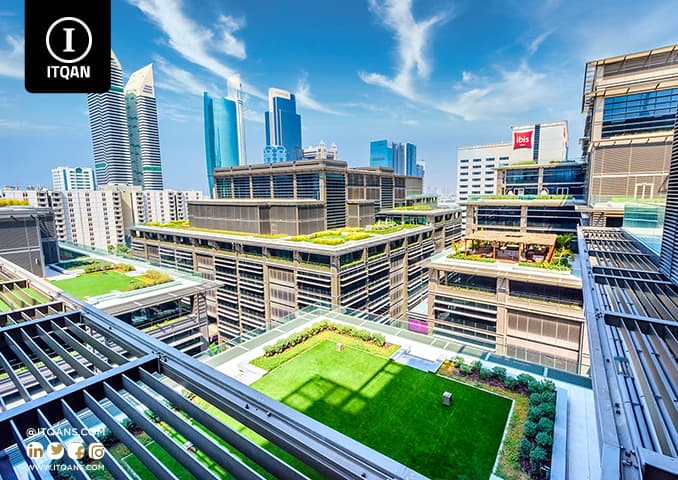
Import procedures in free zones
Importing goods into free zones in the UAE requires following specific procedures to ensure compliance with local laws and ensure ease of logistical operations. Below is an overview of import procedures in free zones:
- Free Zone Company Registration: Before starting any import process, your company must be registered in the relevant free zone. This includes submitting company registration documents, such as a business license and lease, to obtain the necessary approvals.
- Obtaining a commercial license: Make sure that you have the appropriate commercial license for your activity in the free zone. The license may need to be updated if there is a change in the type of activity or the addition of a new activity.
- Registration in the customs system: Register your company in the free zone customs system. This allows you to file customs declarations and receive the necessary permits to import goods.
- Choosing a shipping and logistics company: Choose a certified and reliable shipping company to manage shipping and warehousing operations. Ensure that the company complies with customs and free zone requirements.
- Submit Import Documents: Submit the required import documents, which may include the commercial invoice, certificate of origin, bill of lading, and packing list. Ensure that all documents are correct and meet standards.
- Compliance with customs requirements: Check the customs requirements of the free zone. These requirements may include paying customs duties if the goods are not exempt, and obtaining special permits or additional certificates.
- Receiving the goods: After passing all customs procedures, receive the goods from the storage center or designated warehouse in the free zone. Be sure to inspect the merchandise and ensure it matches the invoice and packing list.
- Warehousing and Distribution: Store goods in designated warehouses or offices within the free zone. Distribution of goods can be arranged as needed, either within the UAE or for export to other markets.
- Reporting and Auditing: Maintain accurate records of all import and export operations. You may need to submit periodic reports to government agencies or customs depending on the requirements of the free zone.
- Ensure compliance with regulations: Ensure that you comply with all local regulations and regulations for importing into the free zone. This includes reviewing any updates or changes in customs and trade laws.
In conclusion, the advantages of investing and importing in Dubai’s free zones are clear as an exciting strategic option for investors from around the world. Dubai’s free zones provide an ideal environment for businesses thanks to their many incentives that include customs exemptions, no income taxes, and the flexibility of 100% foreign ownership of companies. These factors make Dubai an attractive center for international investments, where companies can benefit from advanced infrastructure and integrated logistics services.
Choosing the appropriate free zone depends on the type of business activity and its requirements. Each free zone in Dubai offers specific benefits that align with specific industries, such as trade, manufacturing, and services. Therefore, it is necessary for investors to conduct an in-depth study to determine the best fit for their needs and business goals.
On the other hand, import procedures in free zones contribute greatly to simplifying commercial operations, thanks to customs facilities and quick clearance procedures. This contributes to enhancing the effectiveness of supply chains and reducing operational costs, which enhances the competitiveness of companies in the global market.
To make the most of these opportunities, it is advisable to cooperate with Itqan Company, specialists in the legal and customs fields, to properly guide the incorporation and importation process, ensuring compliance with all regulations and facilitating a smooth business transition.
The most important frequently asked questions about investment and import in Dubai Free Zone
Are there restrictions on commercial activities in free zones?
Yes, some commercial activities may be limited or prohibited in some free zones, such as activities related to sensitive technology or certain financial activities. It is necessary to check the list of permitted activities before starting work.
How can a company license be renewed in free zones?
Typically, renewing a license requires submitting a renewal application before the current license expires, and paying the required fees. It may also require submitting documents such as the annual financial report, office lease contract, and renewal of insurance policies.
What are the special benefits of e-commerce in free zones?
Free zones provide a suitable environment for e-commerce thanks to advanced infrastructure, sophisticated logistics services, and exemptions from customs duties on goods that are imported or exported.
Can companies in free zones obtain bank loans?
Yes, companies in free zones can apply for bank loans from local and international banks. However, loan terms may vary based on the type of business and the financial history of the company.
Can companies in free zones obtain bank loans?
Yes, companies in free zones can apply for bank loans from local and international banks. However, loan terms may vary based on the type of business and the financial history of the company.





